Pouring Potential | Examining the CHEERS Act
Earlier this month, two US Congressmen introduced H.R. 7577, the Creating Hospitality Economic Enhancement for Restaurants and Servers (CHEERS) Act, designed to invigorate and further support local hospitality businesses, like bars, restaurants and entertainment venues, by providing tax incentives to organizations that invest in upgrades for their draft beer systems. The bipartisan legislation aims to revitalize the On-Premise community by providing financial breaks for small businesses still hurting from shutdowns in 2020 and slogging through current economic conditions.
While existing tax codes do allow for deductions on qualified draft beer equipment, U.S. Representative Darin LaHood (R-IL-16) and Steven Horsford (D-NV-04) are hoping that an expansion on these 2005 allowances will provide additional incentives for restaurants and bars to invest in new draft beer equipment. Proponents claim that draft beer systems are both environmentally and fiscally responsible, and small business owners are the ones who need these breaks the most. The CHEERS Act at first glance sounds like the giant step that small hospitality businesses need to move forward, but with any new legislation, some potential risks must be considered.
Tapped In
As made obvious by the extensive press release on March 11, the CHEERS Act has garnered support from all corners of the hospitality industry, including the Brewers Association, the Beer Institute, the American Cider Association, the National Restaurant Association, the National Beer Wholesalers Association and many other service industry adjacent organizations. It’s no secret that pandemic-related market conditions deeply impacted the hospitality industry and many organizations either shuttered their doors or are still struggling to regain the momentum from pre-2020 days. Depending on the source, estimates of independent hospitality businesses that have gone under due to Covid conditions range from 70,000-90,000 (Robb Report 2022). Craft beer producers soon realized that their declining sales data was reflecting the fact that fewer hospitality businesses mean fewer tap handles, which help fuel a vast majority of volume sold.
Small and independent craft brewers know all too well the impacts of the pandemic on the hospitality industry. With 30% of all draught beer sold produced by craft brewers, restaurants, bars, and retail partners are integral parts of the brewing community, and healthy on-premise business and draught service are crucial to the overall health of small and independent craft brewers.
Bob Pease, BA President and CEO
So if the hospitality industry is suffering, beer is suffering as well. The Beer Institute reported in 2023 that the US beer industry contributes more than $409 billion to the economy and provides over 2 million jobs for Americans. Staggering numbers for sure, so imagine what impact it would have on the beer world if one of the main veins of revenue, On-Premise establishments, continue to struggle.
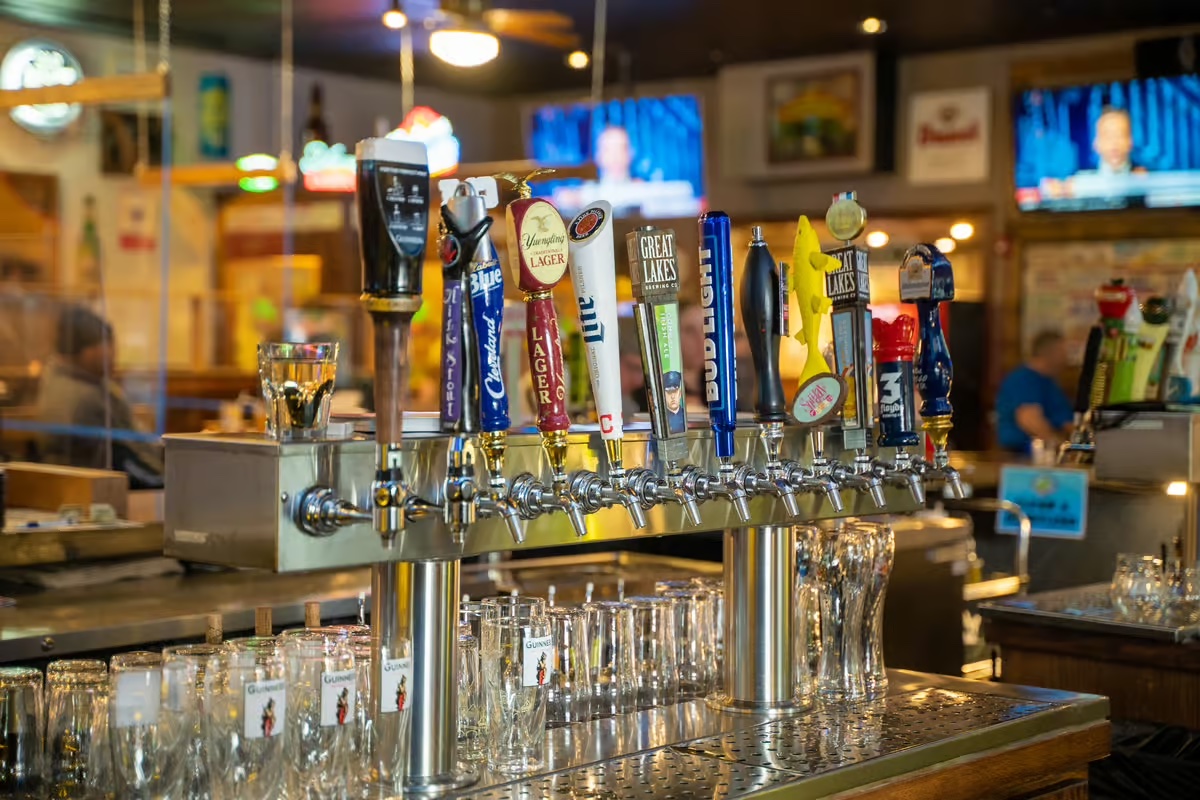
Draft beer sales are also not at peak levels anymore, they have been downtrending for the past decade. Evident in the statistical heavy data charts from the BA’s Chief Economist Bart Watson or headlining industry expert panel discussions from the likes of Brewbound at major craft beer industry events, all craft brewery brands are feeling the draft squeeze. The message is loud and clear – consumers must get excited about draft beer again. In response, industry advocates have rallied together and are trying to push demand for draft beer from the regulatory side. The CHEERS Act just might help provide the kick in the pants that On-Premise needs to recover and that independent beer brands need to survive by providing more tap space for them to occupy.
Kicking The Keg
For every piece of legislation introduced to Congress, there are always pros and cons. The CHEERS Act is no different. There are some gray areas within H.R. 7577 that shouldn’t be overlooked. The intentions are to create incentives for small business owners to add more taps, presumably for more beer brands. But extra equipment and potential for incremental placements do not guarantee that those spots will go to independent beer brands. A formidable challenge that craft beer faces in today’s modern marketplace is increased competition from beyond beer categories entering the draft space. A handful of years ago, tap walls were reserved for malt-forward offerings only, but the On-Premise landscape of 2024 looks a little different.
As consumer tastes shift over time to shiny new objects like Ready To Drink (RTD) cocktails, grab-and-go seltzers, and new kids on the block CBD and THC beverages, today’s LDA (legal drinking age) audience is anything but beer loyal. New flocks of drinkers were born into discovering brands in their package form and now expect to see them mirrored in the hospitality segment. So it shouldn’t be a surprise that new consumer expectations are shaping the future of tap walls. A variety of product offerings on tap to suit many consumer tastes means that the draft environment is not just for malt and hops. Add in the time savings on creating cocktails by hand, the sustainability benefits of not using single serve containers, and the profit margins on servings, hospitality focused business models are finding that diversifying the tap wall simply makes good business sense. Just ask Craft Standard Kegs, one of the leading brands of draft cocktails in a keg, that works with the likes of Delaware North and Bridgestone Arena. And it’s not just large entertainment venues that are drinking the juice – small hospitality business owners are getting on board as well, like the historical Wynkoop Brewery in Denver and the trendy Batch Gastropub in Miami, that now offer a variety of pre-mixed cocktails on tap.
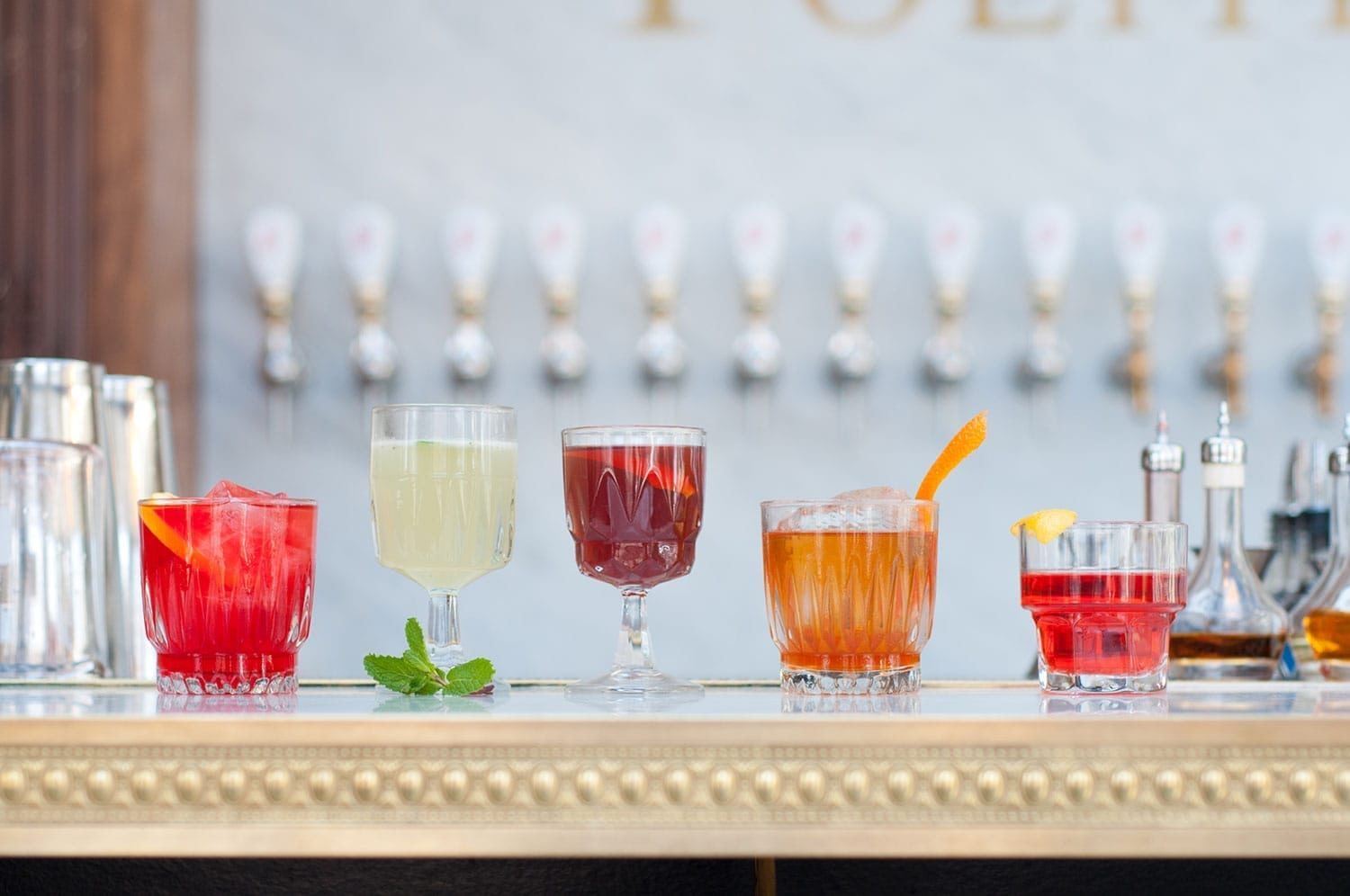
Tabbing Out
There are always two sides to every legislation coin – with every new bill proposal will come risks and rewards. Overall, the CHEERS Act is a great way to turn small business owners onto the idea of upgrading their draft systems to generate more revenue, offer more selection to customers, and operate a more sustainable business. And with the potential outcome being more space for craft beer to exert it’s influence in On-Premise, it could be a win-win. It’s also an effective gateway for hospitality businesses to market themselves as providing more value than ever, which would inspire customers to venture outside of their homes to drink more often. On the flip side, more taps means more real estate up for grabs. Just because hospitality business owners invest in their draft systems, doesn’t mean that space will be reserved for their local craft beers. For the true results, we will have to wait and see if beer will dominate itself in the draft space as it has historically or if new players will come to the watering hole to compete for customer attention armed with some shiny new tap handles.




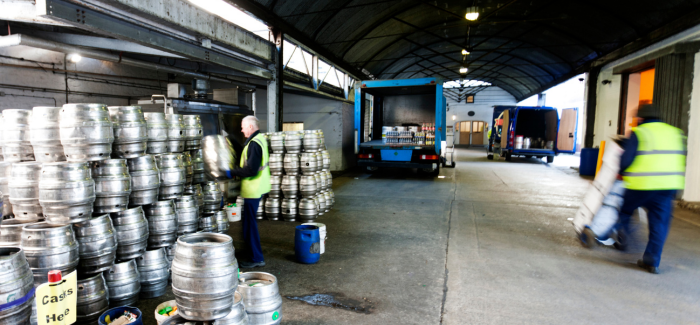
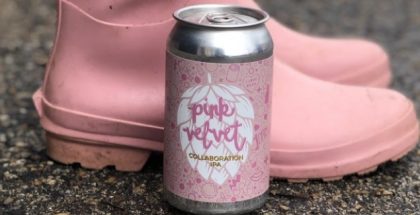
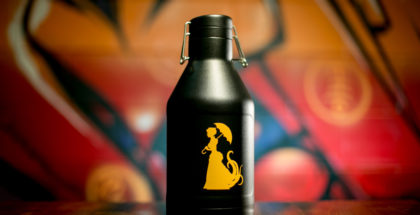
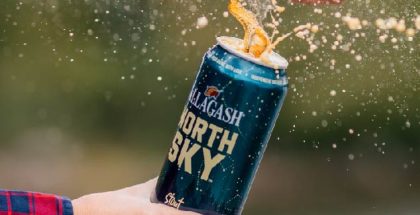

Submit a Comment